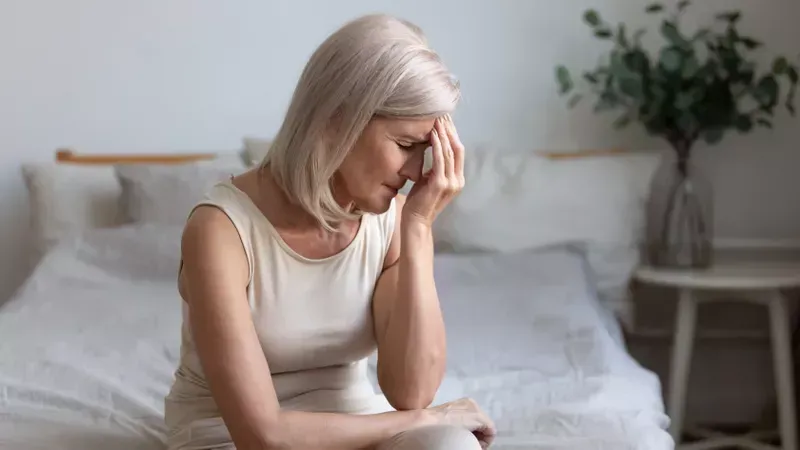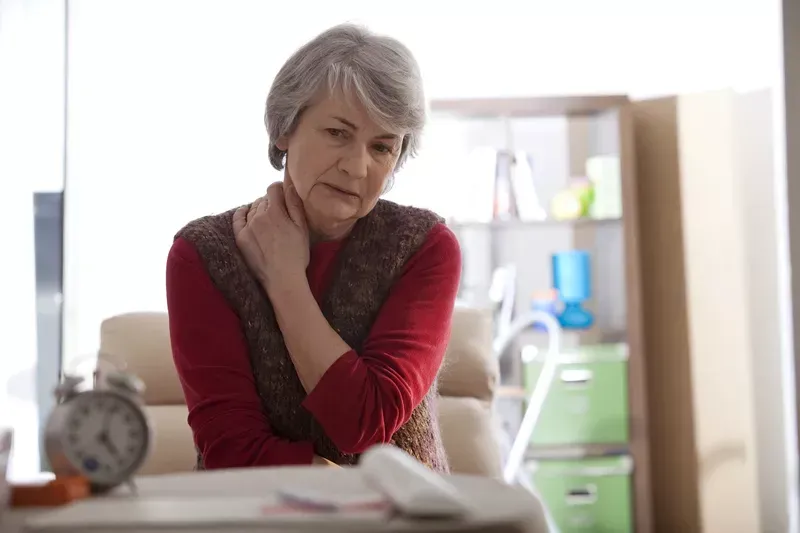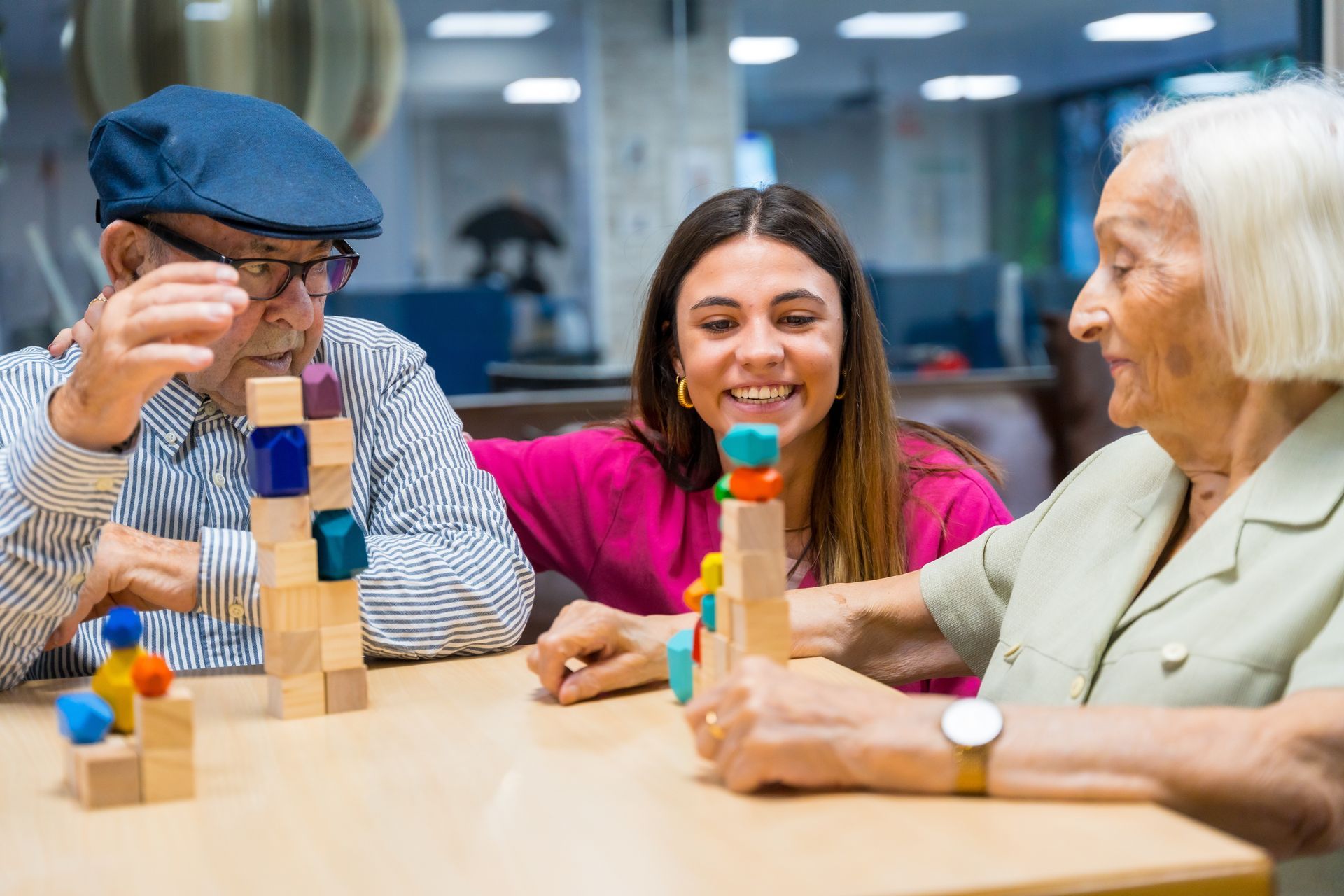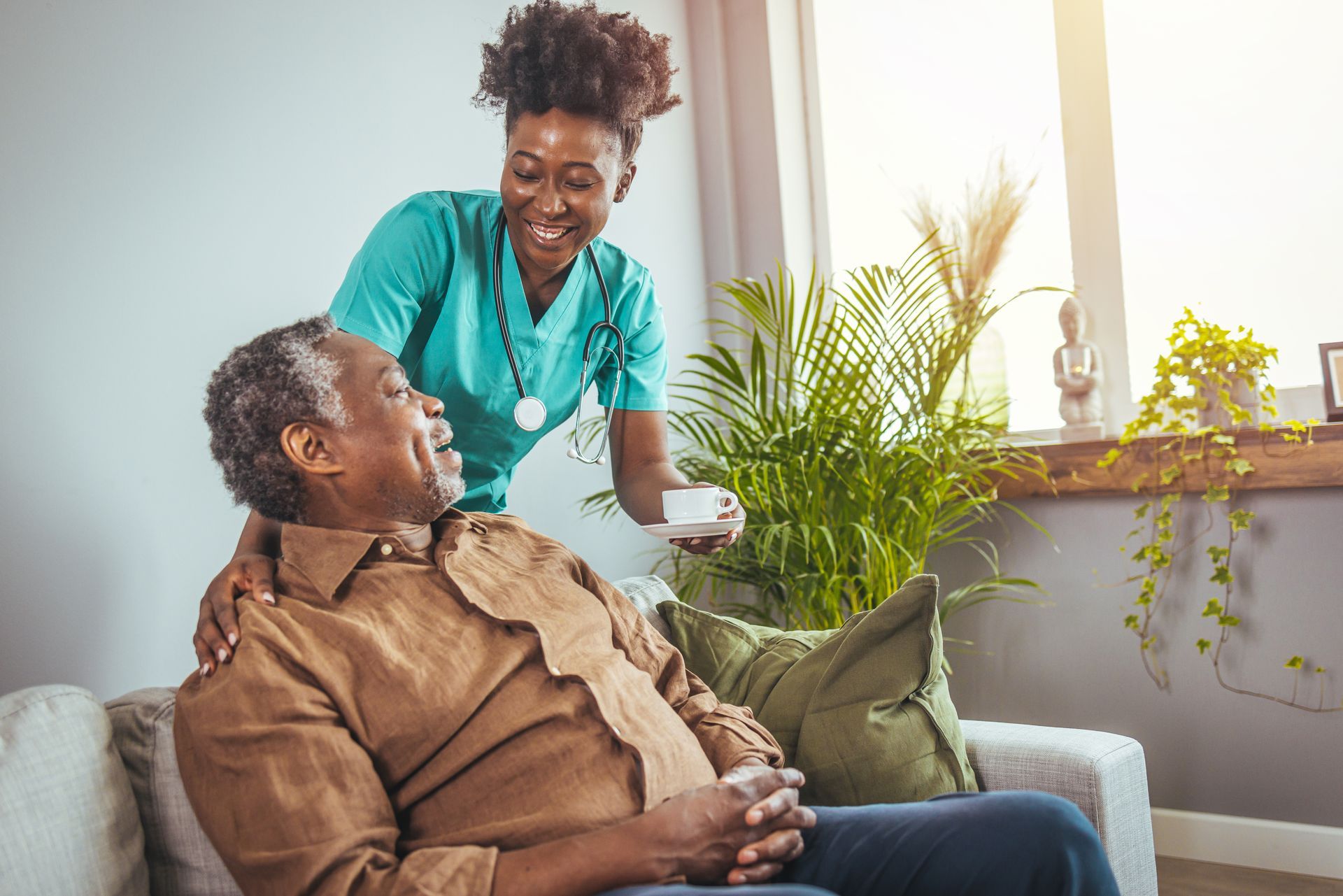BLOG
The Link Between Sleep Disorders and Brain Injury Recovery
Recovering from a brain injury is a complex journey that involves various interconnected factors, one of which is sleep. Studies have shown that sleep quality is vital for brain function, cognitive repair, and emotional stability. Addressing sleep disorders can significantly improve overall recovery outcomes for seniors recovering from brain injuries. Understanding the connection between sleep and brain injury recovery is essential to developing effective care plans.
Sleep disorders are common after traumatic brain injuries (TBIs) and can present unique challenges to recovery. These disorders often interfere with physical healing, cognitive rehabilitation, and emotional regulation. By identifying and treating sleep disturbances, individuals can enhance their brain's ability to recover and rebuild neural pathways. This article explores how sleep disorders impact brain injury recovery and offers insights into effective strategies for seniors.
Understanding the Prevalence of Sleep Disorders After Brain Injury
Sleep disorders are prevalent in individuals recovering from traumatic brain injuries. Research indicates that approximately 50% of TBI survivors experience some form of sleep disturbance. These disorders can include insomnia, hypersomnia, and obstructive sleep apnea, among others. The prevalence underscores the need for targeted interventions to address these issues during recovery.
Insomnia is one of the most commonly reported conditions among TBI survivors. Difficulty falling or staying asleep can disrupt the body's natural healing processes. This lack of restorative sleep often exacerbates cognitive and emotional challenges, making rehabilitation efforts more difficult. Identifying insomnia early is crucial to supporting brain recovery.

Hypersomnia, or excessive daytime sleepiness, also affects a significant portion of TBI survivors. This condition can lead to decreased participation in therapy and social activities, further hindering brain injury recovery. Addressing hypersomnia with appropriate therapies ensures that individuals remain engaged in their care plan.
Obstructive sleep apnea, characterized by interrupted breathing during sleep, is another concern for those recovering from brain injuries. This condition reduces the oxygen supply to the brain. Left untreated, sleep apnea can delay brain injury recovery by impairing cognitive function and physical healing.
How Sleep Affects Brain Function During Recovery
Sleep is critical in repairing and restoring brain function, particularly after an injury. During sleep, the brain consolidates memories, processes emotions, and repairs neural pathways. Quality sleep is essential for cognitive and physical healing for seniors recovering from a TBI.
Sleep aids brain injury recovery by supporting neuroplasticity, the brain's ability to rewire and adapt. Neuroplasticity is a key factor in overcoming the effects of brain injuries, such as memory loss and impaired motor skills. Without sufficient sleep, the brain struggles to rebuild these connections.
Sleep also influences emotional regulation, which is vital during recovery. Many TBI survivors experience heightened anxiety or depression, often worsened by poor sleep quality. Addressing sleep disorders can help stabilize mood and improve overall mental health.
In addition, restorative sleep is crucial for physical healing. TBI survivors often experience fatigue and slowed physical recovery, both of which are exacerbated by inadequate sleep. Ensuring proper sleep hygiene can boost energy levels and accelerate physical rehabilitation.
Common Challenges in Managing Sleep Disorders After Brain Injury
Managing sleep disorders after a brain injury presents unique challenges that require tailored solutions. These challenges often stem from the complexity of brain injuries and their wide-ranging effects on the body. Understanding these barriers is the first step in creating effective treatment plans.
One significant challenge is identifying the underlying causes of sleep disorders. TBI-related sleep issues may result from neurological damage, psychological stress, or medication side effects. Accurate diagnosis is essential to implementing targeted therapies and improving outcomes.
Cognitive impairments can also complicate the management of sleep disorders. Memory problems or difficulty following instructions may make it harder for individuals to adhere to treatment recommendations. Providing clear and simple guidelines can help overcome these barriers.
Physical discomfort and pain are additional obstacles to achieving quality sleep. Many TBI survivors experience headaches, muscle tension, or other pain that disrupts their rest. Addressing pain management alongside sleep therapy ensures a more holistic approach to recovery.
Finally, the lack of awareness about sleep's role in recovery can delay interventions. Both patients and caregivers may underestimate the importance of sleep, focusing instead on other aspects of rehabilitation. Educating individuals about the link between sleep and recovery is vital to achieving better outcomes.
Effective Strategies for Improving Sleep During Recovery
Improving sleep quality during brain injury recovery requires a combination of behavioral, medical, and environmental interventions. Tailored strategies can address specific sleep disorders and enhance overall recovery outcomes.
One practical approach is to implement sleep hygiene practices. These include maintaining a consistent sleep schedule, creating a comfortable sleep environment, and avoiding stimulants like caffeine before bed. These practices promote better sleep patterns and support the brain's healing processes.

Cognitive-behavioral therapy for insomnia (CBT-I) is another valuable tool for TBI survivors. This therapy helps individuals identify and change thoughts or behaviors that interfere with sleep. CBT-I has been shown to improve both sleep quality and emotional well-being.
Medical interventions, such as the use of CPAP machines, can address conditions like obstructive sleep apnea. These devices ensure a steady oxygen supply during sleep, reducing interruptions and promoting restorative rest. Consulting with healthcare providers is essential to determine the best medical options.
Finally, incorporating relaxation techniques like mindfulness or meditation can help reduce stress and anxiety. These practices calm the mind and prepare the body for sleep, making them a valuable part of any recovery plan.
The Role of Assisted Living in Supporting Recovery
Assisted living facilities are crucial for seniors recovering from brain injuries. They provide a structured environment that promotes physical and emotional well-being. For individuals with sleep disorders, assisted living settings offer valuable resources and support.
Trained caregivers in assisted living facilities can monitor sleep patterns and identify potential issues. Early detection of sleep disturbances allows for prompt intervention, preventing recovery delays. Caregivers can also implement personalized care plans that address sleep and other rehabilitation needs.
Assisted living facilities often provide access to specialized therapies and treatments. These may include physical therapy, cognitive rehabilitation, or counseling services tailored to TBI recovery. By addressing sleep disorders within the broader care context, facilities ensure a comprehensive approach to healing.
Additionally, the supportive community environment in assisted living settings reduces isolation and stress. Social engagement and structured routines help individuals maintain emotional stability, promoting better sleep quality. Assisted living facilities create an ideal environment for holistic recovery.
Supporting Brain Injury Recovery with Comprehensive Care
Sleep disorders significantly impact brain injury recovery, particularly for seniors navigating the challenges of rehabilitation. Addressing these issues through tailored interventions improves physical, cognitive, and emotional outcomes.
Assisted living facilities are uniquely positioned to provide comprehensive support for successful recovery. They address sleep disorders alongside other rehabilitation needs with trained caregivers, access to therapies, and a structured environment.
If you or a loved one is recovering from a brain injury and struggling with sleep issues, Assured Senior Living offers compassionate care tailored to your needs. Their experienced team focuses on promoting well-being and enhancing recovery outcomes.
Contact Assured Senior Living today to learn more about their specialized care programs for brain injury recovery.















